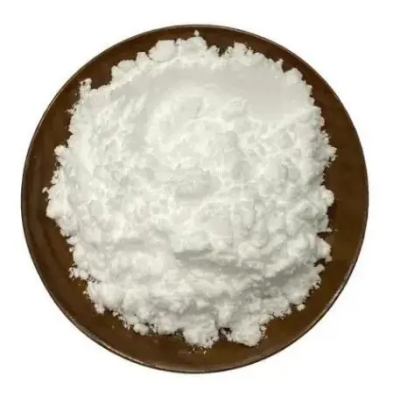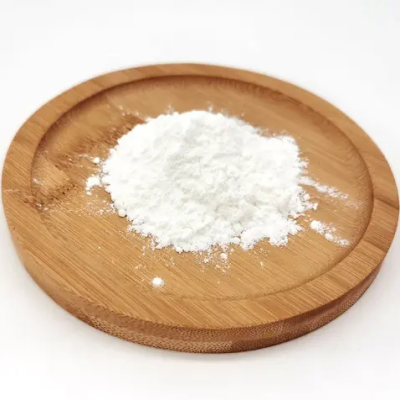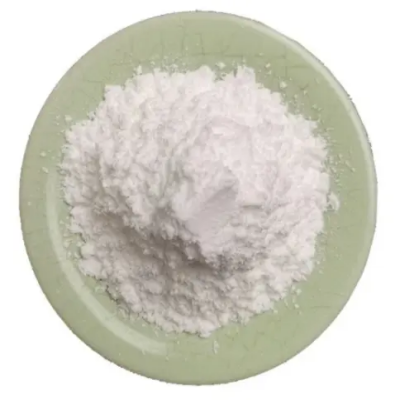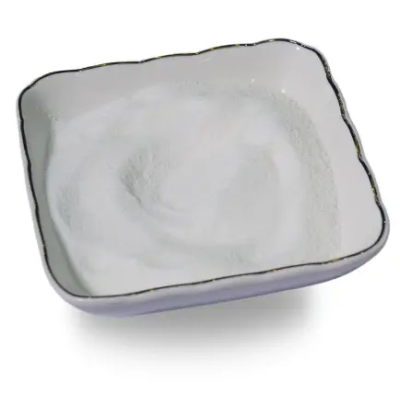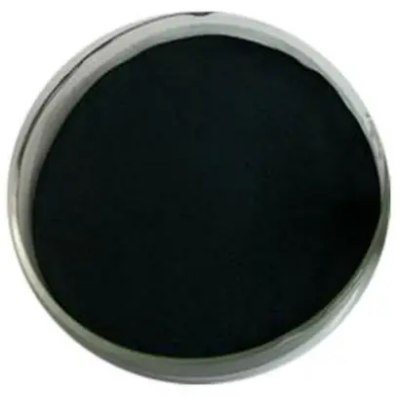Vancomycin hydrochloride CAS:1404-93-9
Mechanism of Action: Vancomycin hydrochloride inhibits bacterial cell wall synthesis by binding to the D-alanyl-D-alanine terminal of the cell wall precursor molecules. This prevents the crosslinking of peptidoglycan chains, ultimately leading to bacterial cell death.
Spectrum of Activity: Vancomycin is primarily effective against gram-positive bacteria, including strains that are resistant to other antibiotics. It is particularly useful against methicillin-resistant Staphylococcus aureus (MRSA) and coagulase-negative staphylococci. It is less effective against gram-negative bacteria.
Applications: Vancomycin hydrochloride is commonly used to treat infections caused by susceptible organisms, such as:
Serious skin and soft tissue infections: It can be used to treat infections like cellulitis, abscesses, and surgical wound infections.
Bone and joint infections: Vancomycin is effective in treating osteomyelitis and septic arthritis.
Bloodstream infections: It can be used to treat bacteremia and endocarditis caused by susceptible organisms.
Pneumonia: Vancomycin is sometimes used as an adjunct therapy in the treatment of severe hospital-acquired or ventilator-associated pneumonia.
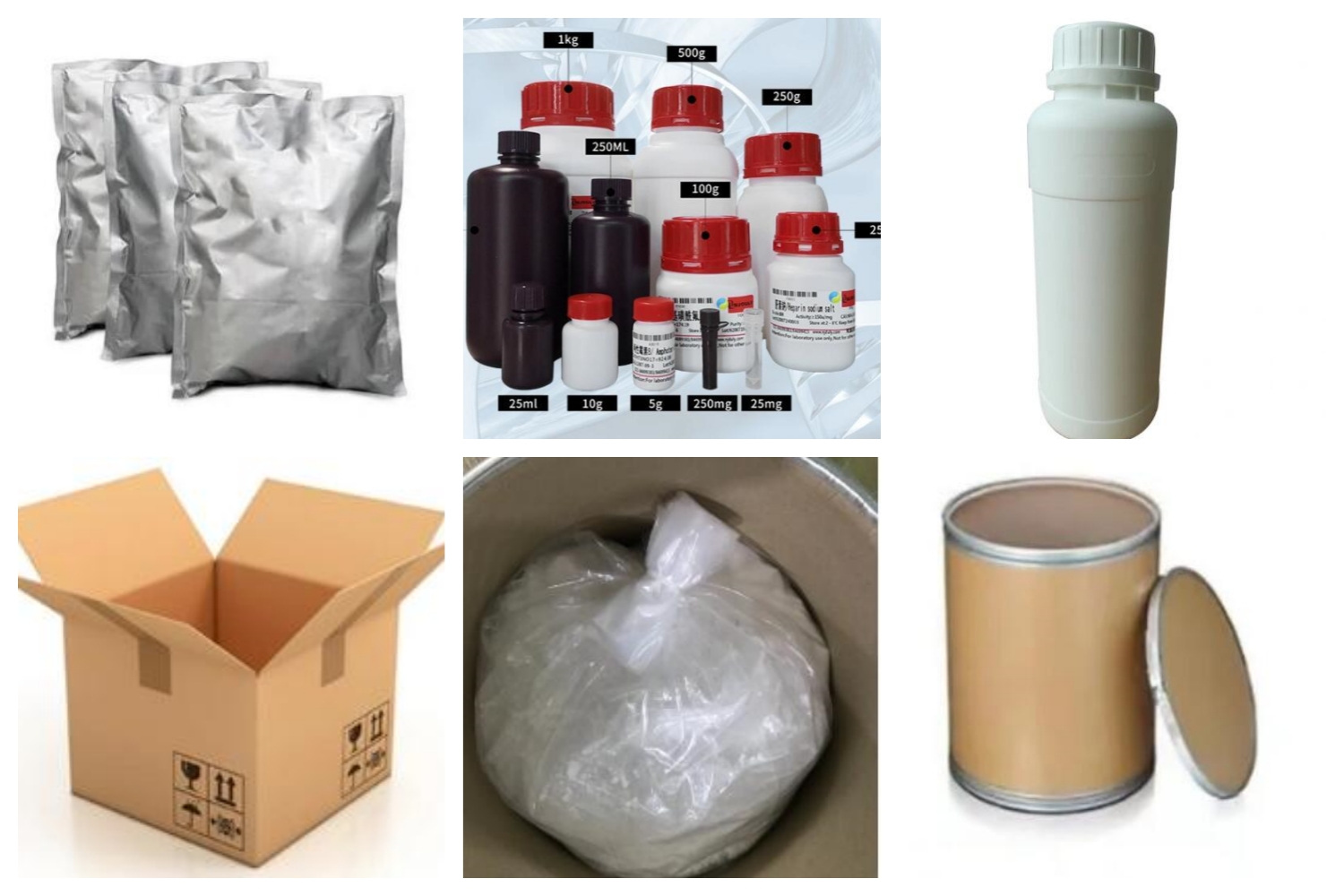
| Composition | C66H76Cl3N9O24 |
| Assay | 99% |
| Appearance | White powder |
| CAS No. | 1404-93-9 |
| Packing | Small and bulk |
| Shelf Life | 2 years |
| Storage | Store in cool and dry area |
| Certification | ISO. |




